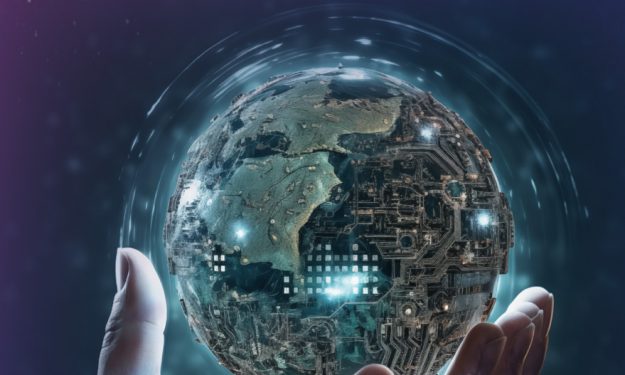The Faraday Institute for Science and Religion is a Cambridge-based interdisciplinary research institute improving public understanding of religious beliefs in relation to the sciences.
Churches, Course
The people who design and create technology are – almost by definition – rich and powerful. It is their concerns which are baked into the objects which everyone else, if they are to function in a modern world, must use. Cheaper, faster, smarter, more profitable; preserving an order that puts the current “winners” on top: this […]

Churches, Course
Over the past two decades, awareness of neurodiversity has expanded significantly. But has this impacted how we do church? The stark reality is that, for example, autistic adults and families with autistic children are much less likely to come to church services. We need to ask, what are the challenges of living with neurodivergent conditions […]
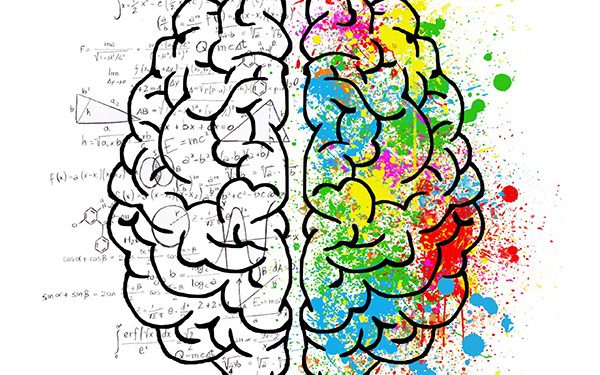
Churches, Course
7.30 - 9pm on Thursdays: 23rd Oct 2025, 27th Nov, 29th Jan 2026, 26th Feb, 26th Mar, 1930 - 2100

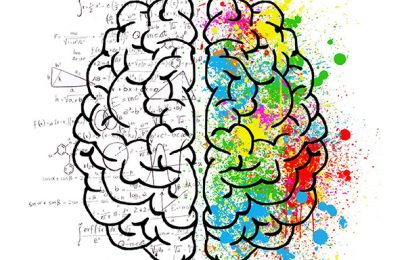
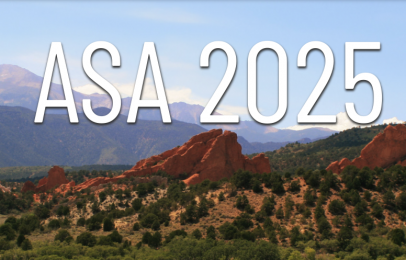
Churches, Course
Monday 30th June – Friday 4th July, 2025

Unassigned
June 30, 2025 - July 4, 2025


Research seminar given by Prof. Thilo Stadelmann on 8th October 2024 Slides [pdf] Related Article – Assessing Deep Learning
Publications
By Dr Nick Spencer & Dr Hannah Waite (Theos) | Published March 2025
Are science and religion really in conflict? Or is the debate shaped by outdated assumptions? In The Landscapes of Science and Religion, Spencer and Waite challenge essentialist views, exploring how these two fields are socially constructed, historically shaped, and deeply intertwined.
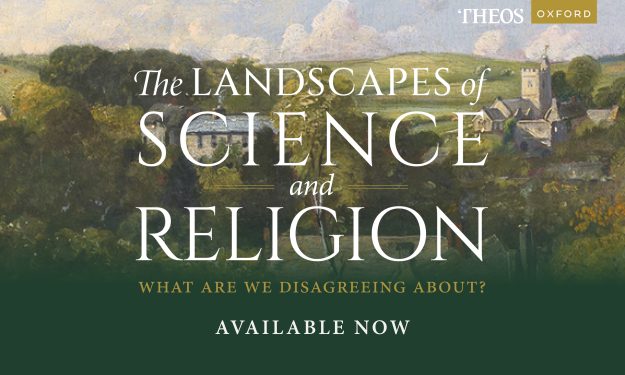
Report
By The Faraday Institute for Science and Religion and Forum for Peace – London | Published October 2024
Artificial Intelligence (AI) is a groundbreaking technology capable of generating ideas and making autonomous decisions, raising significant questions about human identity and purpose—issues that religion has long explored.
This handbook aims to examine the relationship between AI, ethics, and faith, emphasising the importance of diverse faith perspectives in shaping the future of AI.
